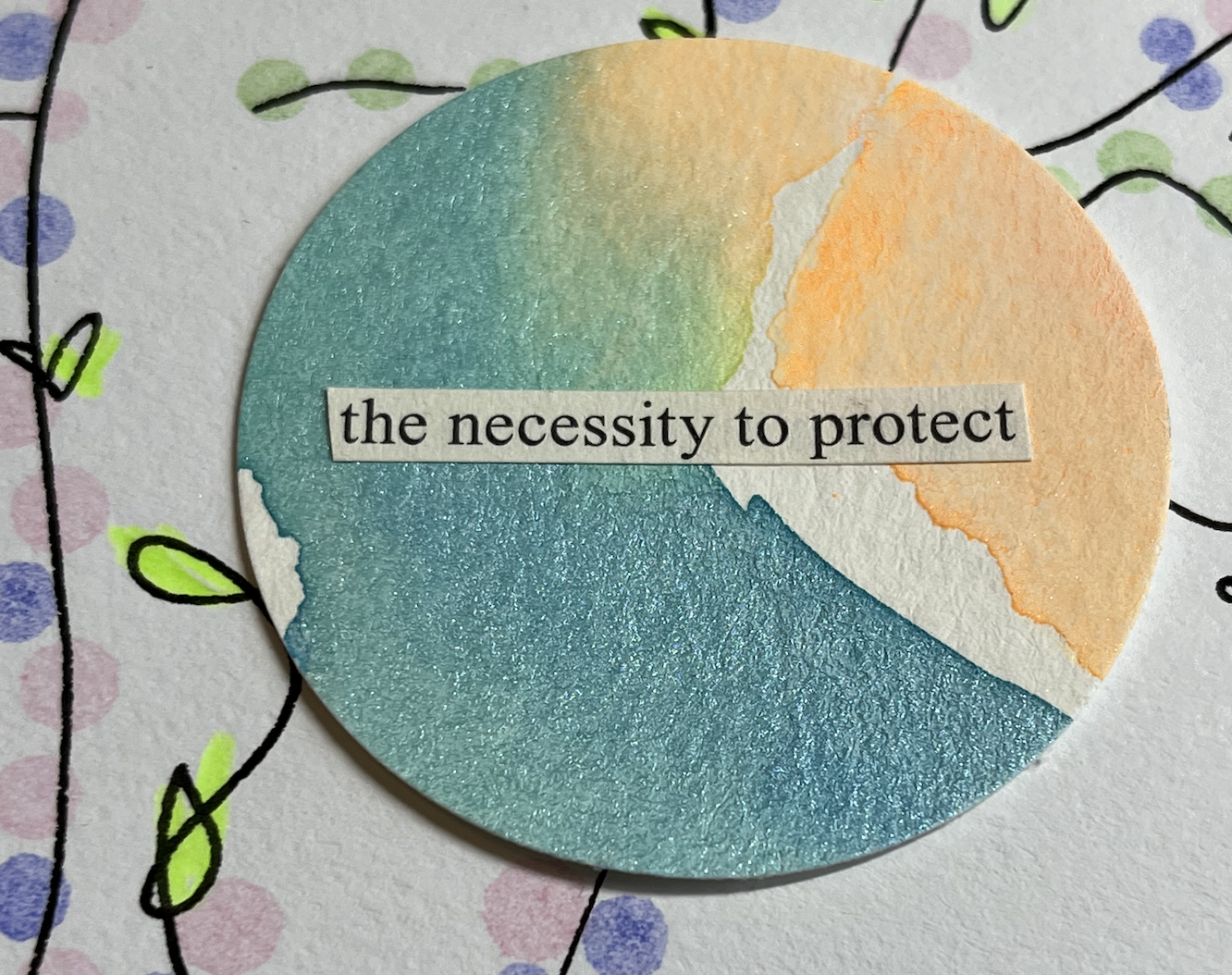As salamu alaykum wa rahmatullahi wa barakatuh, dear sister,
Alhamdulilah, I’m so glad you’re here. Taking the step to explore healing can feel overwhelming, but know that you are deeply seen, understood, and cared for. My relationship with Allah and my love for this deen are the driving forces behind the work I do as a female, Muslim therapist. I help Muslim women reconnect with themselves and with Allah in ways that bring purpose, hope, and a renewed sense of life.
You might be wondering what faith-focused therapy is and how it can help you. At Muslimah Therapy, I provide compassionate, Islamic psychotherapy—a form of therapy that integrates Islamic principles, values, and teachings into the healing process. This approach honours the deep connection between your mind, body, soul, and faith, recognizing that true healing comes from Allah.
Why Faith-Focused Therapy?
For many Muslim women, therapy outside of an Islamic framework can feel disconnected, leaving them with tools but a heavier heart. Without nurturing our relationship with Allah, healing feels incomplete. That’s why I’ve made it my mission to support sisters like you, weaving the wisdom of our deen into every step of the journey.
At the heart of Islamic psychotherapy is the concept of fitrah—our natural inclination toward goodness and balance. Together, we’ll realign your thoughts, emotions, and actions with this divine essence through practices like reflection (tafakkur), gratitude (shukr), seeking forgiveness (tawbah), and reliance on Allah (tawakkul). These timeless teachings, combined with evidence-based psychological techniques, create a holistic path toward healing and growth.
A Safe Space for You
Therapy within an Islamic framework isn’t just about addressing struggles; it’s about creating a sanctuary where you can be yourself. As your therapist, I offer a safe, non-judgmental space for you to express your thoughts and explore your concerns through the lens of our deen. Together, we’ll navigate challenges with compassion, integrate Islamic principles into your healing, and build the resilience you need to move forward.
Healing Through Connection
Islam emphasizes the power of community, and I wholeheartedly believe in it too. Whether through one-on-one therapy or group support, you’ll find spaces where sisters come together to share, heal, and grow. From support groups for new moms to gatherings for converts and the elderly, these connections are a reminder that you’re never alone in this journey.
Next Steps
If this sounds like the kind of healing you’ve been seeking, I invite you t0 book a free 30-minute discovery call We’ll chat about your needs and explore how I can support you, in shaa Allah. Healing takes courage, but you don’t have to do it alone. I look forward to walking this journey with you.
With love and dua,
Umm Rahmah 💞
